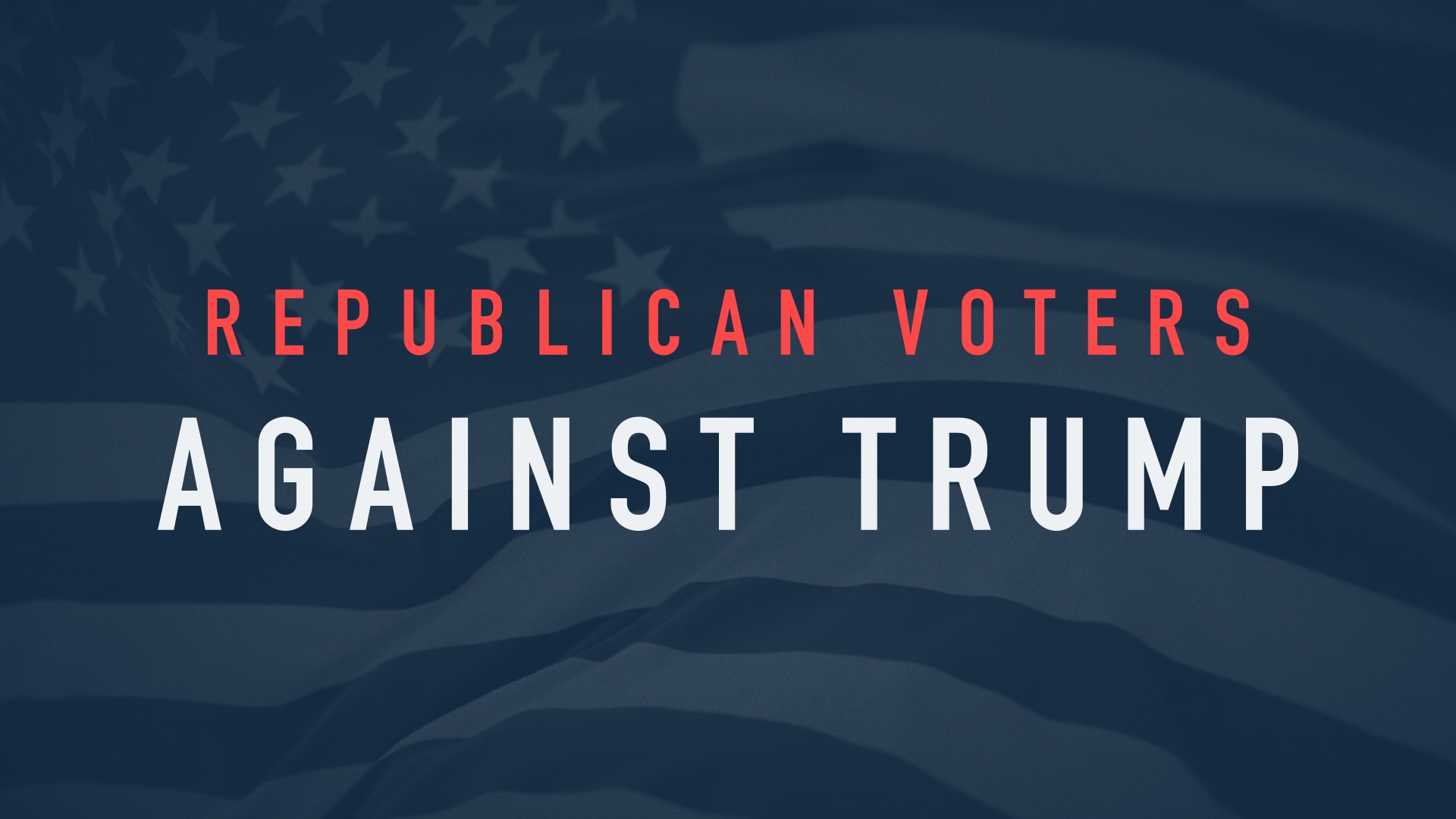I completely disagree with you that racism isn't or can't be systemic or institutional. You live in Brazil and I live in the US, but can you deny that laws have never been created that undermine the situation for minorities? That the fact of the US and Brazil both being historically governed by whites/those of European extraction hasn't favored "whites?" Do you deny that your favelas and our ghettos and housing projects, and the banlieus in France are not majority populated by people of African descent? Why is that? Because individuals have either racist attitudes, or they don't? I would argue it's because the structures for who succeeds and who doesn't were set up a long time ago. I call that institutional. As to the question of individual racism, that is it's own complication, and I have an opinion, which I will address separately from here.
Before we get in to a battle of terms definition, let me stress my point again: Racism is either present on the individual, or in the letter of the law (if it is that that you call institutional, fine, I would say
institutionalized). So, to avoid split hairs on the terminology, I can object only the notion of "systemic" racism . My point is that there is no middle ground. Racism is always real, concrete, tangible. It generates action that segregate and oppress people, either because it is coded in law or policy (institutionalized), or because someone simply feels that way. And of course that I do not that deny that, in the past, laws have explicitily oppressed black people (probably still in some parts of the world).
The fact that our favelas and your ghettos have a racial distribution which is tilted in one direction is a known and sad reality. I think no one will disagree that It derives directly from:
i) the fact that letter of the law was previously openly racist basically everywhere;
ii) people in positions of power were allowed to be openly racist;
iii) those populations came from their original lands with zero possessions and zero education. So you obviously have a heritage, a social problem that you must face. But you do not solve or even address it by hiding behind some vague and useless notion of "systemic racism". Those empty concepts are only useful for different kinds of people to hide behind it: incompetent/corrupt politicians (something is wrong? blame systemic racism), closet racists, incompetent/stupid academics (I cannot identify or describe or analyze a phenomenon, so I create a ghost called "systemic racism" that I loosely define and that can explain everything). My problem with this concept is simply that: I think it is useless to tackle real world problems.
I just need one simple example: South Africa. There are still huge social problems and racial inequalities there. They were inherited from previous times were racism was institutionalized. Does a concept like "systemic racism" is of any help in South Africa? Flagrantly no. What would work -- surely in a long, difficult, painful process -- would be to address the real world problems, agricultural reform, education and access to jobs ( and to train the police, probably a problem there as well). The rest is propaganda. Talking about systemic racism does not save one single little kid that is co-opted by the drug dealers in the favelas.
Again, I disagree. I think you discount rage and outrage. Lives are at stake. Voices are not heard. You ask for people to do "better," but why, when the authorities have not done better? Violence, which has been used, historically and often as a tool against a people, is turned against the system. Historical and institutional violence, (and don't tell me that white cops killing black people for not reason is not an act of institutional violence,) is met with violence. I'm not saying it's right, I'm saying that it is not unexpected.
Moxie, you are very good with words, so please see how strong is the assertion that the police institutionalizes violence against non-whites. This says that the police, either officially or at least semi-officially, purposely targets non-whites. What does the black police officers have to say about this? Do they agree? I cannot say that I am a "law and order" person, but at least I admit that the police job is a difficult and inherently violent one. Problem is that, if your general population is x% racist, your police force will be around x% racist as well. It is a human institution, it will reflect the society where it lays. Again, fight the racism in the individual, and you fight the racism in the police (but there is more to the question, obviously). Also, if your police force is untrained and/or truculent, and on the other hand there is racial socioeconomic disparity, obviously you will have cases like GF's again and again.
We strongly agree that this "emblematic" case deserve (peaceful) protest, at least per se. But the crucial point is how representative is this episode (which is the point that one post from
@calitennis127 addresses, and I still need to reply to, but analyse data takes effort). If people don't have at least some common ground on that, the rest of the conversation is completely useless.






